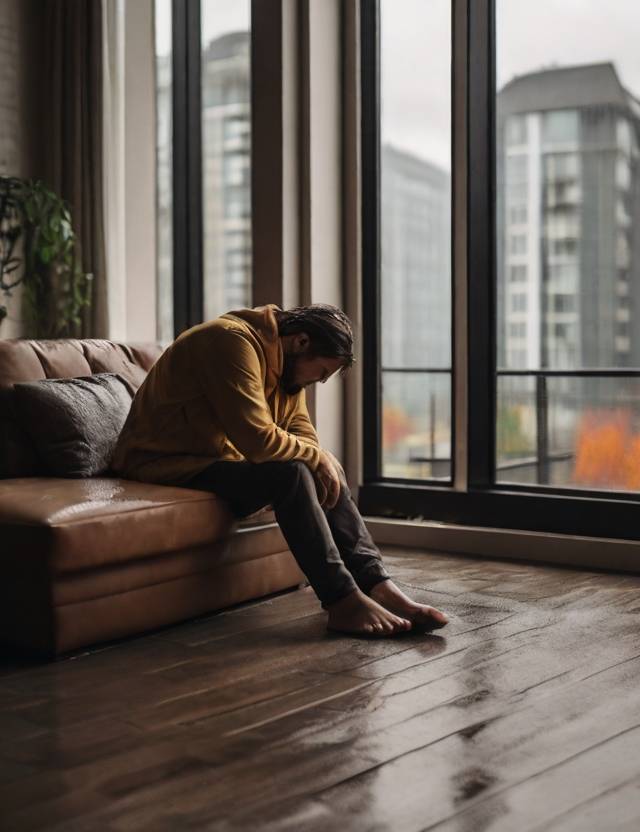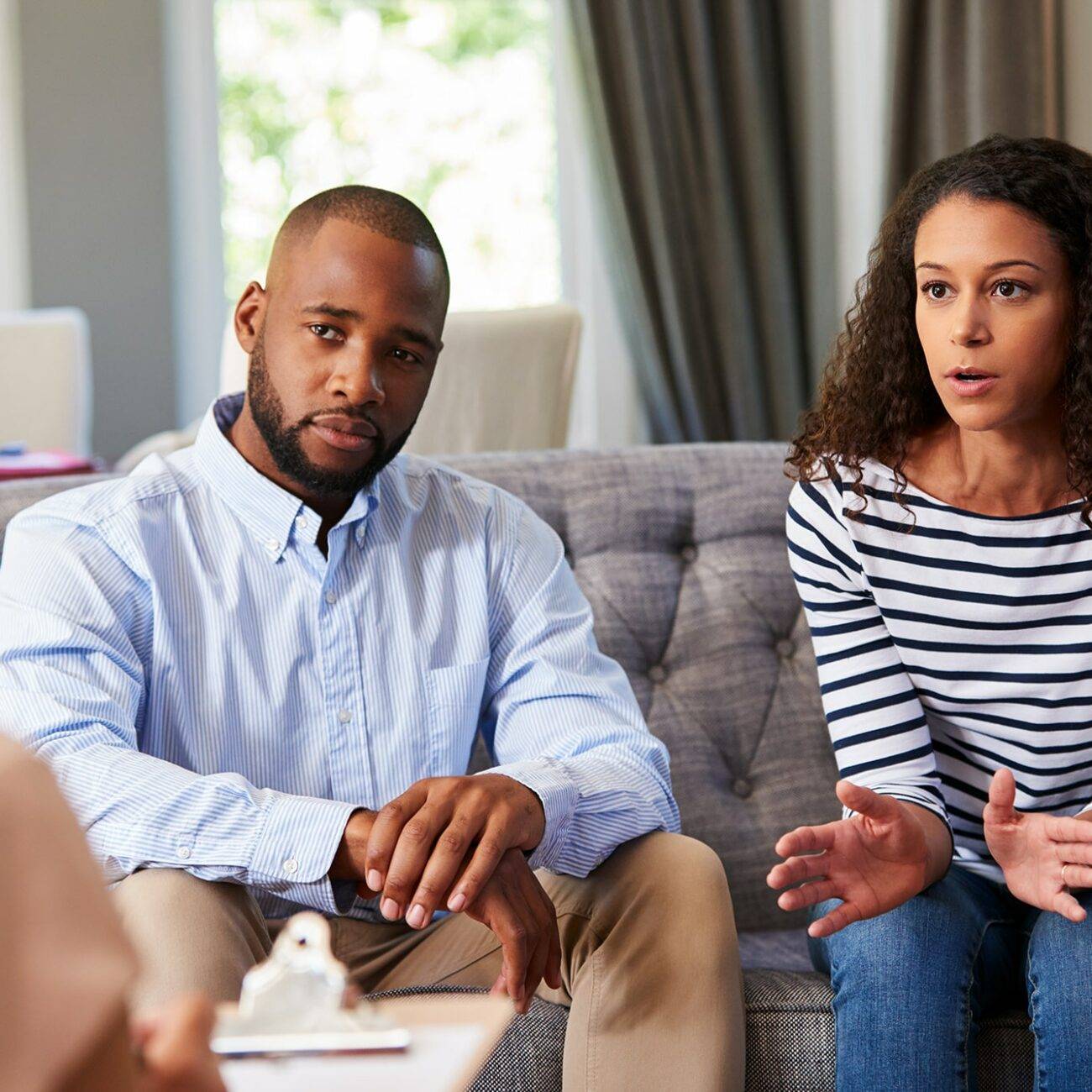Many individuals turn to alcohol as a means of unwinding and temporarily escaping the stressors of life. While alcohol may offer temporary relief, it can also exacerbate anxiety symptoms, leading to a cycle that is difficult to break free from. This article aims to shed light on alcohol-induced anxiety and provide strategies to combat its effects, enabling individuals to regain control of their mental well-being.
The Connection between Alcohol and Anxiety:
Alcohol is a central nervous system depressant, meaning it slows down brain activity and induces relaxation. Initially, it may provide a sense of calm and relief from anxiety. However, alcohol’s effects on brain chemistry can disrupt the delicate balance of neurotransmitters responsible for regulating mood and anxiety.Over time, excessive alcohol consumption can lead to changes in serotonin and gamma-aminobutyric acid (GABA) levels, both of which play crucial roles in reducing anxiety. As a result, reliance on alcohol to manage anxiety can create a vicious cycle, intensifying symptoms and ultimately leading to alcohol-induced anxiety.
Combatting Alcohol-Induced Anxiety:
1. Seek Professional Help:
If you find yourself struggling with alcohol-induced anxiety, it’s essential to seek2. Professional help from a licensed therapist or counselor who specializes in anxiety disorders and substance abuse.
They can provide a safe and non-judgmental space for you to explore the root causes of your anxiety and develop effective coping strategies. A therapist can also assist in developing a treatment plan tailored to your specific needs and goals.3. Practice Mindfulness and Relaxation Techniques:
Incorporating mindfulness and relaxation techniques into your daily routine can help alleviate anxiety symptoms. This includes deep breathing exercises, progressive muscle relaxation, meditation, and yoga. These practices can help calm the mind, reduce stress, and promote a sense of overall well-being. Consider taking up a mindfulness-based stress reduction program or downloading relaxation apps to guide you through these techniques.4. Establish Healthy Coping Mechanisms:
Identify healthy coping mechanisms that work for you and replace the reliance on alcohol. Engage in activities that promote relaxation and stress reduction, such as engaging in hobbies, spending time in nature, practicing self-care, and connecting with supportive friends or family members. Finding healthy outlets for stress and anxiety can help break the cycle of relying on alcohol as a crutch.5. Prioritize Self-Care and Well-being:
Make self-care a priority in your life. Ensure you are getting enough sleep, eating a balanced diet, and engaging in regular exercise. These factors contribute to overall mental and physical well-being, helping to reduce anxiety symptoms. Establishing a routine that includes self-care activities, such as taking baths, reading, practicing mindfulness, or engaging in hobbies, can provide a sense of stability and relaxation.6. Build a Supportive Network:
Surround yourself with a supportive network of friends and loved ones who understand and respect your journey towards overcoming alcohol-induced anxiety. Lean on them for emotional support, and consider joining support groups or seeking online communities where you can connect with individuals facing similar challenges. Sharing experiences and receiving encouragement from others can be incredibly beneficial in the recovery process.7. Explore Alternative Therapies:
Consider exploring alternative therapies, such as acupuncture, massage, or aromatherapy, to complement traditional treatments. These therapies can support relaxation, stress reduction, and overall well-being. Consult with a healthcare professional to determine which alternative therapies may be suitable for you.Conclusion:
While alcohol-induced anxiety can feel overwhelming, it is important to remember that help is available, and recovery is possible. By seeking professional help, practicing mindfulness and relaxation techniques, establishing healthy coping mechanisms, prioritizing self-care, building a supportive network, and exploring alternative therapies, you can regain control of your mental well-being and break free from the cycle of alcohol-induced anxiety. Remember, progress takes time and patience, so be kind to yourself throughout the journey.If you or someone you know is struggling with alcohol-induced anxiety, I encourage you to reach out to a mental health professional or a helpline in your country. You don’t have to face this alone, and support is available to help you navigate through these challenges.
Remember, you have the power to overcome alcohol-induced anxiety and create a life filled with peace, joy, and emotional well-being. The first step is acknowledging the issue and taking proactive steps towards healing. Believe in yourself, and with the right support and strategies, you can break free from the storm within and embrace a brighter future.




